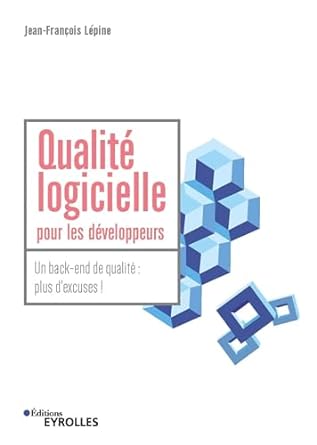OSS : The Swiss Army Knife to manage your free media files.
This post is a translation of the original article in 🇫🇷 French
Composer, NPM… so many tools to manage the technical dependencies of our projects. That’s good.
But what about managing the licenses of the downloaded files? And what about the free or open source media (images, sounds, videos) that we use?
For example, take this illustration that you version in your project. In 6 months, you won’t remember where it comes from, or under what license it is distributed.
Take the problem of media. There are tools (OpenHub for example), but nothing really related to the daily life of the developer. Until now I had a tendency to note the images I use in a text file. But this approach is a bit messy, and in the long run I get lost between the images that are really used on my site and those that I have downloaded “to test”.
OSS, a tool to manage the free media of your project
OSS is a simple binary, without dependencies, and Open Source. It allows you to manage the free media of your project.
This is why I created a tool to help me manage the free media in a project: OSS. The objectives are:
- to encourage developers to explicitly declare the free media they use;
- to help developers to manage licenses;
- to rationalize licenses using the SPDX repository.

OSS is a simple binary, written in Go, that you can download from the latest release. It does not require any external dependencies.
On first use, simply run the oss init command. This will look for the SPDX repository and create the .oss file at the root of your project.
Then it’s quite simple; the commands are similar to those of Git:
oss add <licence> <fichier>: reference a fileoss rm <fichier>: dereference a fileoss status: status of the repository, lists all referenced mediaoss show: information about a file
A file appears in red when it is not found in the project.

One of the objectives is to help developers to manage licenses, the tool comes with the following commands:
oss licenses: lists the licenses of the SPDX repositoryoss search <licence>: search for a license
If the license does not exist when adding a media, the tool will suggest a license phonetically close. It is impossible to add a media if its license is not part of the SPDX repository.
This will not be enough: we need the involvement of everyone
I would like a tool capable of listing all the licenses of the bricks of a project. I would love to add to OSS a “scan” function, which would discover the licenses of Bower, Composer, Npm, Gem dependencies…
Technically nothing complicated; the code is almost ready. No, the real problem comes from the developers. Indeed, rare are the dependency management tools that require / encourage to declare a valid license. Licenses are often empty or unusable.
And even if that were the case, a major problem comes from the dependency management tools themselves. Take Bower for example; it is possible
to obtain information about a package through the API. For example the HTTP request http://bower.herokuapp.com/packages/jquery will give us:
{"name":"jquery","url":"git://github.com/jquery/jquery.git"}But as you can see, there is no information about the license. It then takes patches of patches to successfully retrieve the correct license in the LICENSE file of the associated Git repository.
And this is just one example! In short, the real problem is that developers, although fervent users of Open Source, are not yet used to interacting with free software.
For example, a few days ago I intervened on a well-advanced project, which uses a specific NodeJs component. Curious, I opened
the LICENSE file of the component in question; and there, surprise: the component was not necessarily so free of rights. When I
informed the technical team of this information, I had the right to the following answer:
“But yet it’s Github, we can get the source code, so it’s free”
No! Everything on Github is not free. Moreover by default, any project deposited on Github is proprietary, unless otherwise stated in the sources. Putting your project on Github is good, but let’s not forget to associate a real license, exploitable and clear.
There are comprehensive repositories ready to use; it’s time to make our tools compatible with the world of free software.
Conclusion
OSS is a simple tool, but I hope it will help developers to better manage the free media of their projects.
Feel free to share it, improve it… All ideas are welcome.
💡 Tips
© Jean-François Lépine, 2013 - 2024
